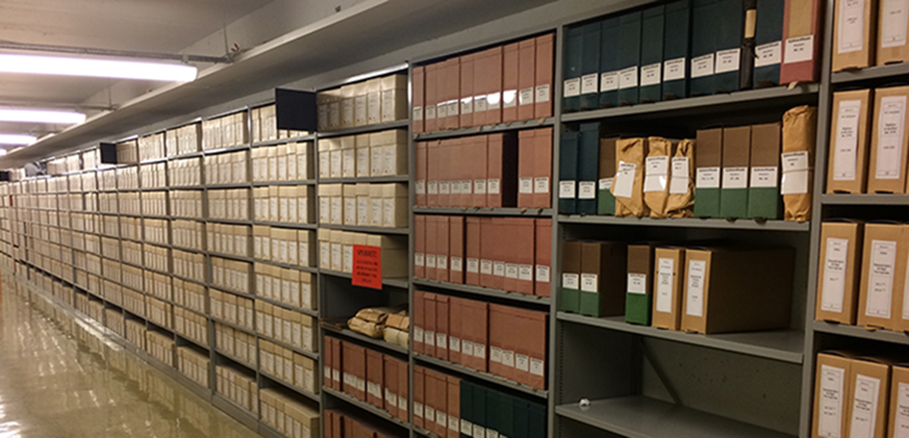We are the Digital Information LifeCycle Interoperability Standards Board (DILCIS Board).
We develop, publish and support standards which provide practical interoperability in digital archiving.
|
|
Common
|
|
SIP |
AIP |
DIP |
CS ERMS |
CS Geospatial Data |
SIARD |
eArchiving Standards & Specifications
All transfers of information need to be built upon the use of standards and their transfer formats in order to secure reliable information storage and subsequent re-use. eArchiving is providing a common set of specifications for packaging digital information to meet this need. The specifications were originally developed in the E-ARK project and are maintained by the Digital Information LifeCycle Interoperability Standards, DILCIS Board
The eArchiving specifications are based on common, international standards for transmitting, describing and preserving digital data. The main standard is the Reference model for an Open Archival Information System (OAIS) (OAIS Reference model) which has Information Packages as its basis. The main standard for transmitting Information Packages is the Metadata Encoding and Transmission Standard (METS), and the main standard for preserving Information Packages is Preservation Metadata Implementation Strategies (PREMIS).
At the heart of the eArchiving specifications is the Common Specification for Information Packages, which delivers a basic core specification providing a necessary minimum for institutions across Europe to securely package their data, and then customise their data as required. The Submission Information Package (SIP) is for sending material to an archive, the Archival Information Package (AIP) is for storing material in an archive, and the Dissemination Information Package (DIP) is for accessing material from an archive. Use of these eArchiving specifications provides interoperability across borders; types of institution; and user communities. The specifications for Information Packages also currently covers Content Information types, a group of Content Information Types will be expanded to meet the needs of user communities!

